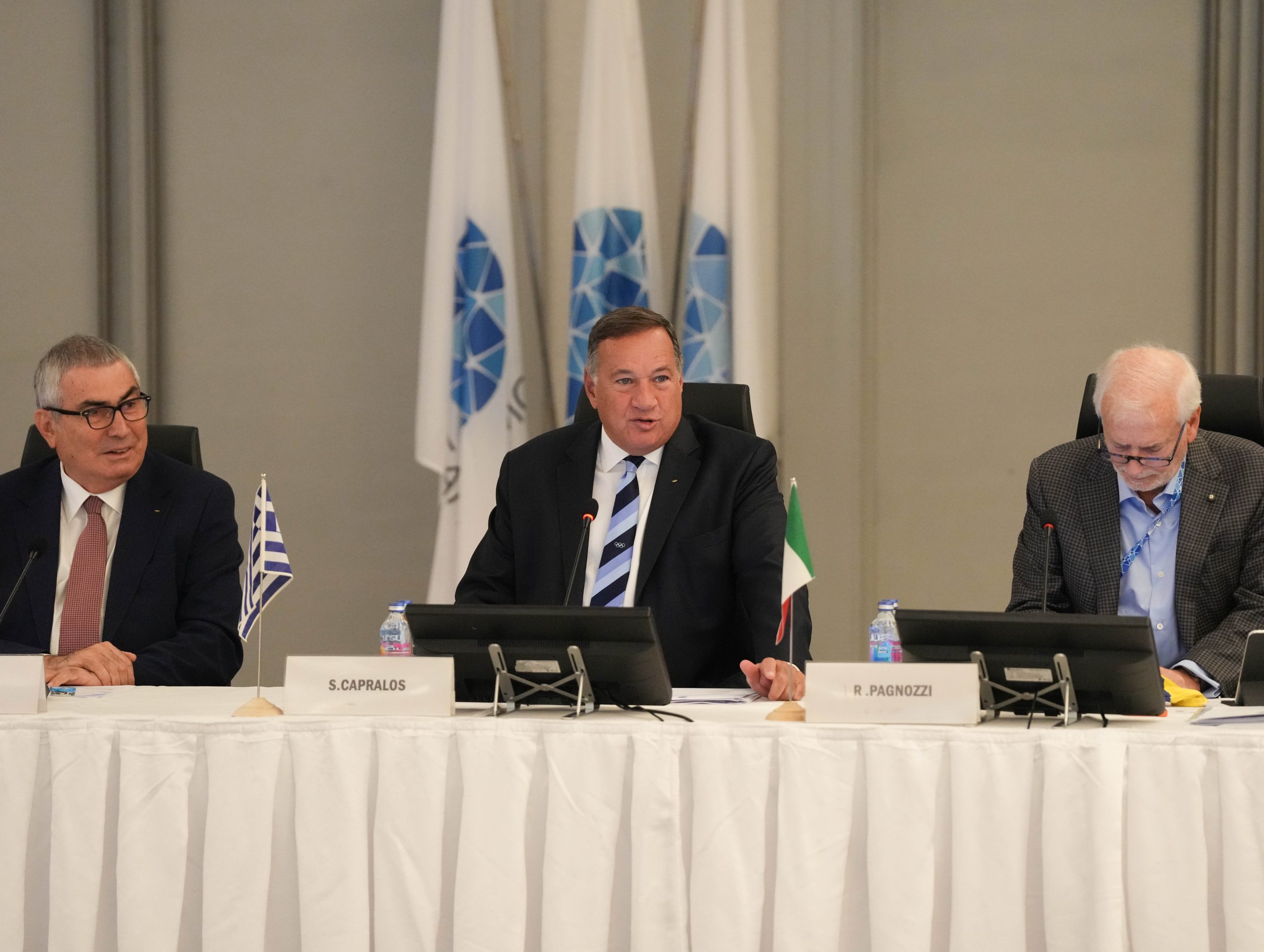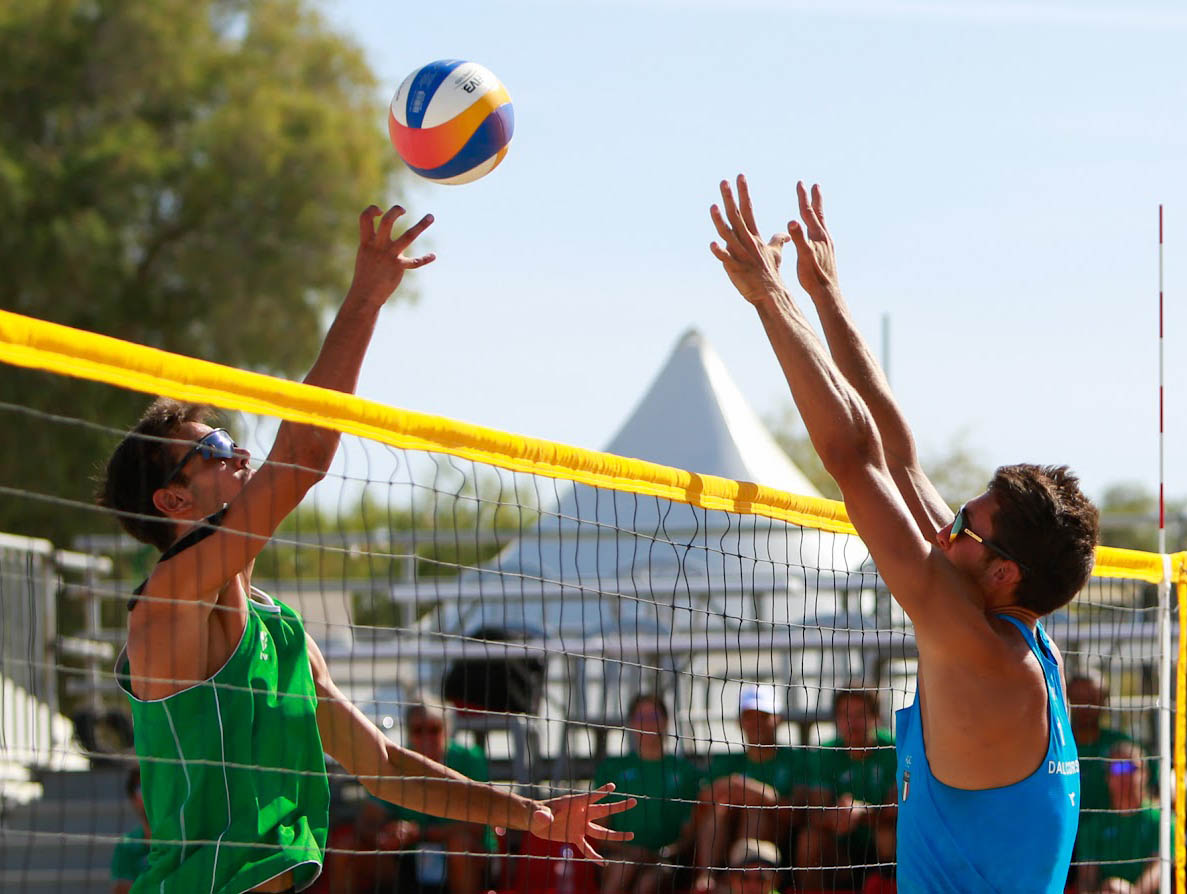1. Sport no longer named in the title of the EP committee
On 29th January 2004 the European Parliament redefined the number, areas of competence and powers of the parliamentary committees. Accordingly, when the next parliamentary term starts (June 2004), there will be 20 committees instead of the previous 17. Another consequence of this division and regrouping is that, along with the terms ‛Youth and ‛Media, that of ‛Sport is being removed from the title of the committee responsible for sport, currently known as the Committee on Culture, Youth, Education, the Media and Sport. The committees new title of Culture and Education should simplify matters. Nevertheless, this committee will continue to be in overall charge of dealing with sport as well as youth and media matters.
2. Commission examines sale of sporting rights
The EU Commission has resolved to carry out a wide-ranging investigation of the sale of sporting rights to Internet suppliers and 3rd generation UMTS mobile phone operators. It would like to gain an overview of how the supply of rights for sound and picture transmission of sporting events is organised. UMTS mobile telephony and the 3G networks respectively are currently at the market introduction stage across Europe. In the Commissions view, the success of the new UMTS technology depends on the extent to which it succeeds in offering attractive audiovisual content.
According to current information, the Commission will be sending questionnaires to representatives of sports associations and users of rights in early April in order to gain as broad as possible an overview of market development and business practices.
In this way, the Commission hopes to determine whether current contractual agreements may be contravening European competition regulations, in particular the ban on restrictive trade practices.
3. New directive on the recognition of vocational qualifications
In the first reading, the European Parliament dealt with the directive on the recognition of vocational qualifications, which is to replace the previous 15 existing individual regulations. The new directive is intended to liberalise the provision of services, lead to an increased automatic recognition of qualifications and increase flexibility for an amendment to the regulations.
While the Commission is proposing that service providers can operate in another Member State without having to take up official residence there, the Members of the European Parliament are pleading for at least temporary registration in the host country. This would ensure that the same basic conditions apply to temporary service providers and those that have taken up legal residence. If access to a profession is subject to special requirements, according to the Commissions proposal, the requirements in the native country should take precedence, even if a higher level of education is required in the host country. Here too, the Parliament argued for a stricter interpretation in order to counter a sell-out of diplomas.
The Commission proposal is now being passed on to the Council with the Parliaments requested amendments. The Council will then establish a common position and return it to the Parliament for the 2nd reading. However, adoption is not expected within this parliamentary term.
4. Eleven nations at the Y-SPORD contact seminar
The Österreichische Behindertensportverband (ÖBSV) (Austrian Sports Association for People with Disabilities) issued an invitation to youth experts of European disabled sports organisations to attend a contact seminar in Vienna from 12th-16th January 2004. In addition to exchanging experience of the work of the participating representatives, the aim was to simulate an application procedure within the framework of the EU YOUTH action programme.
As a result of its work, the workshop promoted by the YOUTH programme presented a programme proposal and a project concept for a youth exchange in 2005, which was given the working title Active Lifestyle.
Within the framework of the seminar, the 30 participants from 11 States were given important basic knowledge about the YOUTH assistance programme and tools to develop their own projects. The EU Office played a decisive part in preparing and supporting the project.

















